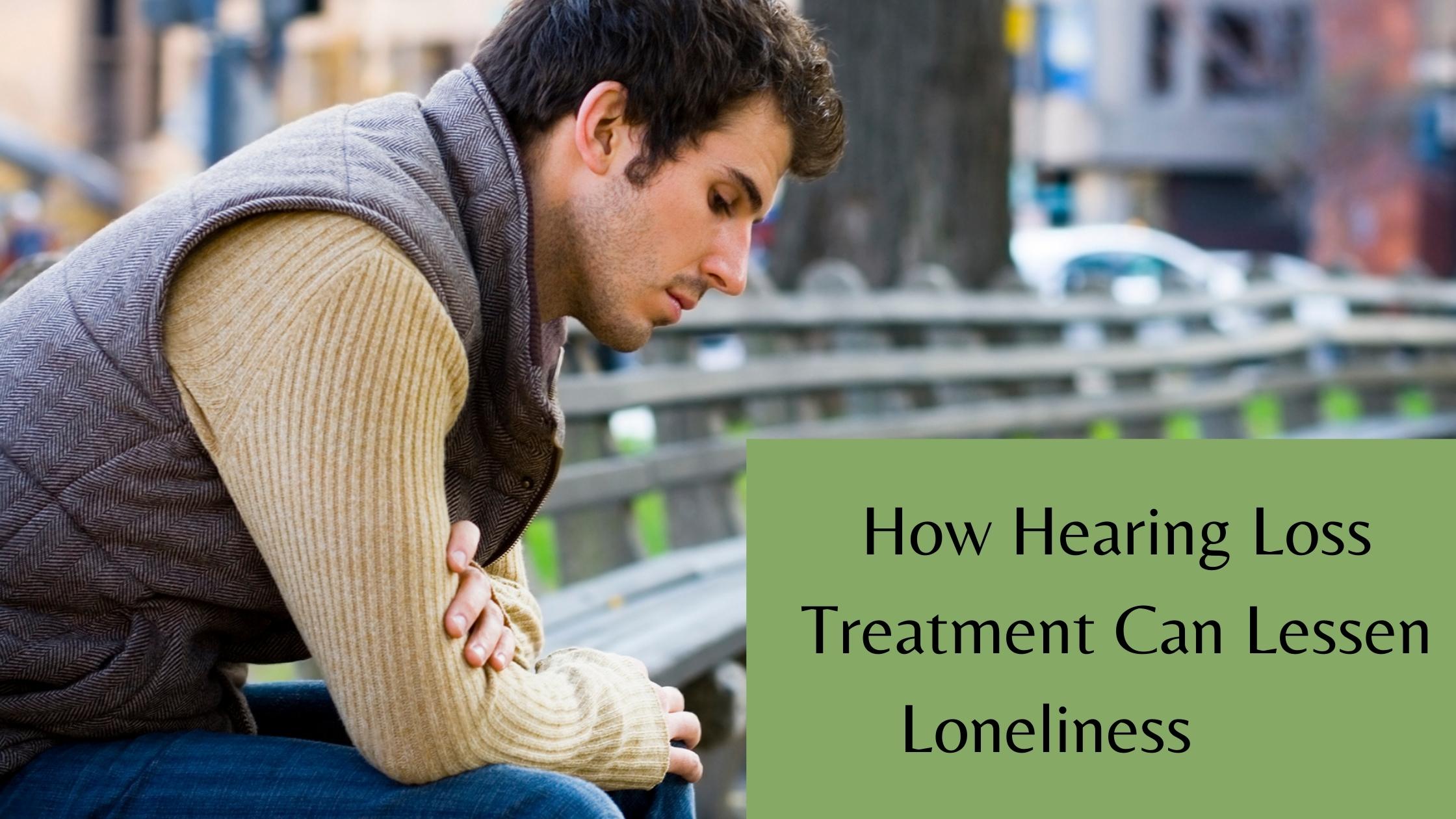
Hearing challenges don’t just affect how we hear, they often have ramifications for many aspects of our quality of life. One common consequence of untreated hearing loss is loneliness, a serious concern that can lead to depression and early mortality. Let’s take a look at how unaddressed hearing loss contributes to loneliness and how treatment can help.
What Links Hearing Loss and Loneliness?
Hearing loss isn’t an isolated health issue, in fact it is intimately linked to how we communicate with others and navigate our surroundings. Losing our hearing, or facing limitations on how well we detect and comprehend speech, makes a big impact in how we engage with others and it often drastically alters our social behavior. When we are unable to hear properly, the way we go about our lives begins to change.
Problems with hearing can lead us to avoid activities we once engaged in, such as going to the movies, having dinner with friends or attending a place of worship. Hearing difficulty can also strain our social relationships making it hard to carry on conversations with friends and loved ones, or even initiate small social interactions in everyday settings with neighbors or community members. Hearing loss makes work and learning environments harder to keep pace with. All in all, when we are uncomfortable communicating, an easy strategy is to avoid difficult situations. While avoidance removes the immediate discomfort, it can also introduce something just as painful: social isolation.
A withering of our social activities, engagement and contacts sets us on the path towards isolation, the experience of unwanted loneliness and detachment. A person with untreated hearing loss runs a much higher risk of loneliness and isolation, to the great detriment of their quality of life. Often, loneliness and isolation are reinforced by depression and anxiety which hearing loss can also catalyze.
Loneliness and Health
Sometimes, loneliness can’t simply be reduced to an emotion. Often the chronic feeling of loneliness is indicative of a social isolation that is simply not healthy – it can lead to worsened health outcomes and even premature death. Isolation and loneliness elevate stress hormones and blood pressure straining the physical systems of the body. Isolation also takes a big toll on cognitive performance. In addition to lowered cognitive responses, loneliness increases a person’s risk of developing dementia by 40%.
Mortality is increased by 26% when social isolation and loneliness are present, making this a truly deadly condition. Worse, outreach to isolated individuals can be especially challenging when their social contacts and communication skills have been eroded. Dementia and cognitive decline can be especially concerning consequences of isolation that indicate we need to push for wide ranging approaches to alleviating isolation and loneliness.
Treating Hearing Loss, Addressing Loneliness
Untreated hearing loss is often a driving cause of loneliness, making it easier to sever social connections and harder to re-establish them. That said, research is now looking at hearing loss treatment as a way to alleviate loneliness and, by turn, reduce some of its associated health risks.
When loneliness and isolation are established through communication difficulties, improving communication makes it easier to engage with people and activities again. Using hearing aids or an assistive device can make it easier to have an in-person or phone conversation with a friend or loved one. Treating hearing loss can also make activities more accessible, such as following a sports game, party conversation or lecture.
Most hearing aids can be equipped with loop technology that allows audio sources to be streamed directly to the ear canal, cutting out background noise for a focused hearing experience. Loop systems are used in a diverse range of settings from classrooms to bank tellers, movie theaters to taxi cabs. With increased social access, the impulse to isolate can be effectively countered.
Treating hearing loss is also showing promise for reducing dementia risk. While loneliness increases the likelihood of dementia by 40%, hearing loss carries its own risks of cognitive decline. Depending on the degree of untreated hearing loss, it can increase risk of dementia by as much as 50%. Studies have emerged however, indicating that treating hearing loss can improve cognitive responses and mitigate some dementia risk. Research currently underway is optimistic that treatment for hearing loss may reduce dementia cases by as much as 9%.

What Is Sudden Hearing Loss and What Does it Mean?
Matthew Favinger, M.S., F-AAA

Having a Good Time at Weddings With Hearing Loss
Matthew Favinger, M.S., F-AAA

